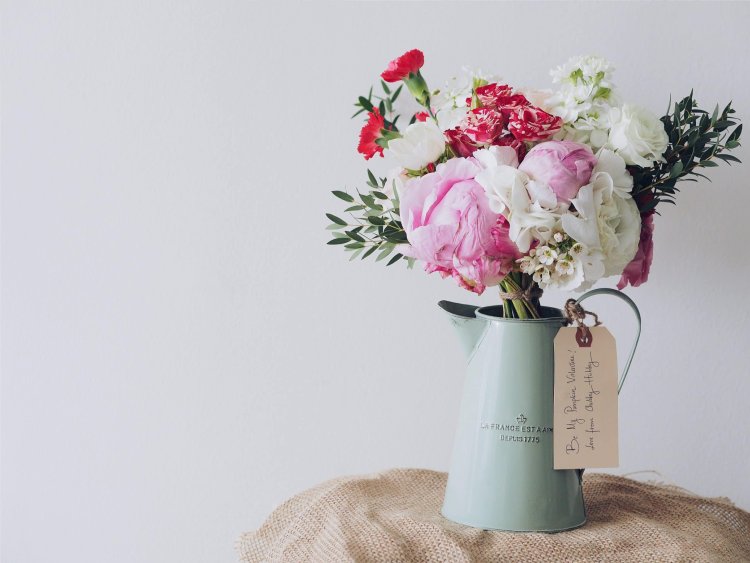How to recover your flowers

Make a mixture of cinnamon, aspirin, and fizzy lemonade!Many sensitive plants become ill as a result of adverse conditions, such as a lack of or excessive amount of light or water.Because indoor flowers are the only way to decorate the house, it's important to offer all of the required circumstances for the plants we cultivate to thrive and bloom wonderfully. You may feed your plants with a natural intake of minerals by smashing egg shells and sprinkling the soil in which they are placed instead of buying food from an agricultural pharmacy. You may also use a DIY treatment to resurrect your plants.It's also crucial to transplant the plants as needed, which should be done once a year when the seasons change and you're getting ready to transport your flowers to the terrace.
Regardless matter how carefully you care for your plants, they are susceptible to a variety of fungal and viral illnesses, as well as a variety of parasites such as plant lice.If your houseplants have a disease, they will let you know: poor growth, yellowed leaves, and patches on the foliage are the most typical symptoms. The leaves turn yellow and finally fall off if the plant is diseased, and the stems may become soft and mushy with black areas near the earth. When that happens, you might not realize that cinnamon is one of the most versatile substances in the kitchen. If you fear your plant has caught a fungal illness, gently cut off the sick leaves, disinfecting equipment with alcohol after each cut to avoid infection, then sprinkle the damaged leaves with cinnamon and isolate the plant from others. It was not contagious to other flowers. It's also known that by diluting aspirin in a little water, you may extend the life of your cut flower by up to a week, and that certain fizzy beverages, such as sprite, can help keep flowers fresh for longer.
Finally, you should not be too upset if you are unable to preserve a plant; it is often preferable to discard a severely afflicted plant so that it does not infect your other houseplants.Wet and freezing soil, whether caused by too much water, insufficient drainage, or soil compaction, causes the roots to suffocate and die, and the roots can die very quickly. Take the houseplant out of the pot and inspect it properly to see if it has root issues.




























